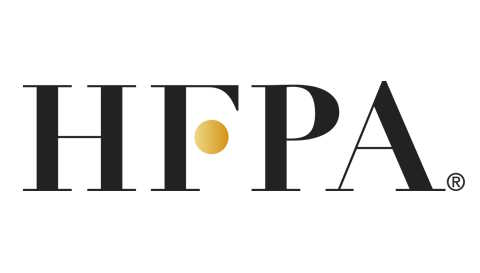
“Sundholm v. Hollywood Foreign Press Assn.” —
- “The case involves Magnus Sundholm, a former member of the Hollywood Foreign Press Association (HFPA), who sued the HFPA for breach of contract and other claims after his expulsion from the organization. The HFPA moved to disqualify Sundholm’s attorneys from the case, asserting that they had reviewed privileged documents that belonged to the HFPA. The trial court granted the motion, leading to Sundholm’s appeal.”
- “The Court of Appeal of the State of California, Second Appellate District, Division Seven, found that while Sundholm’s attorney had improperly refused to produce documents in response to a subpoena from the HFPA, disqualification of the attorney was not the appropriate remedy. This is because disqualification affects a party’s right to counsel of choice and should not be used to punish an attorney for improper conduct. The court further found that there was no evidence that the possession of the HFPA’s documents by Sundholm’s attorney would prejudice the HFPA in the proceeding.”
- “Thus, the court reversed the trial court’s order disqualifying Sundholm’s attorneys.”
“New opinions from the Ohio Board of Professional Conduct” —
- “The Ohio Board of Professional Conduct has released two advisory opinions concerning in-house counsel and lawyers serving in the dual role of guardian ad litem/lawyer. Each opinion replaces an earlier opinion that analyzed the issue presented under the former Code of Professional Responsibility.”
- “Advisory Opinion 2024-01 addresses the ethical issues that can arise when an in-house lawyer for a corporation privately represents a customer of the corporation. The board advises that the representation should be avoided due to potential issues with conflicts of interest, the impairment of the lawyer’s independent professional judgment, the unauthorized practice of law, and the impermissible sharing of fees with a nonlawyer. This opinion replaces Adv. Op.1992-17.”
- “Advisory Opinion 2024-02 concerns a lawyer’s communication with a represented party when the lawyer serves in the dual role as guardian ad litem and lawyer for a child in juvenile or domestic court matters. The Rules of Professional Conduct generally prohibit communication with represented parties unless the opposing lawyer gives permission, or the conduct is permitted, by law or court order. The board concludes that communication with a represented person, usually the child’s parent, is permitted when the sole purpose of the communication is to obtain information about how to initially contact the child. This opinion replaces Adv. Op. 2006-05.”
“Blackstone Racked Up $165M in Kirkland Fees in Just 3 Years” —
- “Blackstone paid Kirkland & Ellis $164.6 million in legal fees over the past three years, the New York-based private equity giant disclosed in a new regulatory filing.”
- “Blackstone makes the unusual legal fee disclosures to comply with U.S. Securities and Exchange Commission rules on potential conflicts of interest stemming from having an attorney on the board who’s employed by a law firm that receives work from the company.”
- “Those rules came into play for the private equity firm when Reginald ‘Reg’ Brown, a partner in Kirkland’s Washington, D.C., office, joined its board in 2020.”
- “Brown, who earlier in his career was an associate White House counsel under President George W. Bush, came to Kirkland after 15 years as a partner at Wilmer Cutler Pickering Hale and Dorr, where he was chair of its Financial Institutions Group and vice chair of its Crisis Management and Strategic Response Group.”
- “That rule also has come into play at Meta, where Robert Kimmitt, senior internal counsel at Wilmer, joined the board in 2020. Meta paid Wilmer $67 million in 2022. The tech giant has not yet disclosed how much business it did with the law firm in 2023.”
